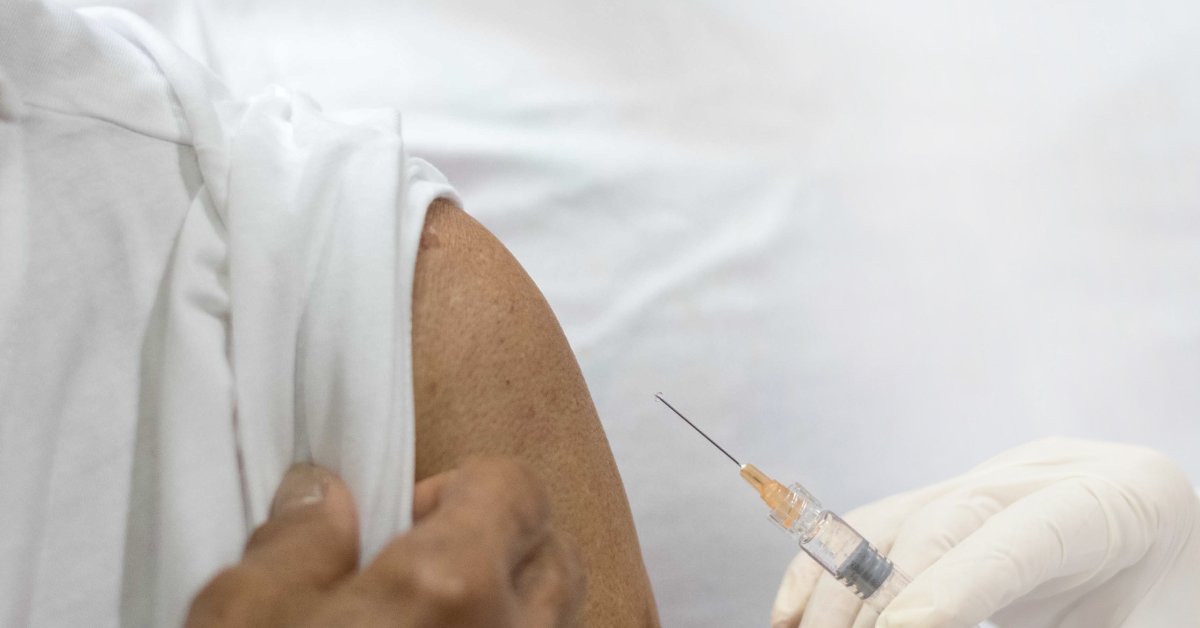Measles Vaccine Booster: Expert Recommendations
Measles, a highly contagious viral illness, remains a global health concern despite the availability of a safe and effective vaccine. While the initial measles vaccine series provides robust protection for most individuals, questions surrounding the need for and timing of a measles vaccine booster dose continue to arise. This article delves into expert recommendations regarding measles vaccine boosters, addressing common concerns and providing a comprehensive overview of current best practices.
Understanding the Measles Vaccine's Effectiveness
The measles-mumps-rubella (MMR) vaccine, typically administered in two doses, boasts a high efficacy rate. Studies show that two doses of the MMR vaccine provide approximately 97% protection against measles. This means that a small percentage of vaccinated individuals may still contract measles, highlighting the importance of herd immunity – the protection of a population through widespread vaccination. However, vaccine effectiveness can wane over time, prompting discussions about the potential benefits of booster shots.
Factors Affecting Vaccine Efficacy:
Several factors can influence the effectiveness of the MMR vaccine, including:
- Individual immune response: Some individuals have a weaker immune response to the vaccine than others.
- Vaccine storage and handling: Improper storage can compromise the vaccine's potency.
- Age at vaccination: Younger children may have a slightly lower immune response compared to older children.
- Underlying health conditions: Certain underlying health conditions can impair the immune response.
Who Needs a Measles Vaccine Booster?
The need for a measles vaccine booster is not universally recommended. Currently, most health organizations, including the CDC and WHO, do not advocate for routine measles vaccine boosters in healthy individuals who have completed the standard two-dose series. The existing two-dose regimen offers substantial and long-lasting protection for the vast majority of the population.
However, there are specific circumstances where a booster dose might be considered:
- Individuals with weakened immune systems: People with compromised immune systems, such as those undergoing chemotherapy or with HIV, might require additional doses to ensure adequate protection. This should be determined on a case-by-case basis in consultation with their physician.
- Laboratory confirmed measles exposure: Individuals who have had close contact with someone with confirmed measles, even if vaccinated, may benefit from a booster dose to enhance their immunity. This decision should be made in consultation with a healthcare provider, considering factors like the timing of their last vaccination and their overall health.
- Travel to areas with high measles incidence: People traveling to areas with ongoing measles outbreaks may be advised to receive a booster dose, depending on their vaccination history and the epidemiological situation in the region.
- Outbreaks within a community: In the event of a significant measles outbreak within a community, public health officials may recommend booster doses for specific vulnerable groups.
Dispelling Measles Vaccine Myths:
Several myths surround the measles vaccine, including concerns about its safety and effectiveness. It's important to rely on evidence-based information from reputable sources like the CDC and WHO.
- Myth: The MMR vaccine causes autism. Fact: This claim has been thoroughly debunked by numerous large-scale studies. There is no scientific evidence linking the MMR vaccine to autism.
- Myth: A measles booster is unnecessary. Fact: While a booster isn't routinely recommended for healthy individuals, specific situations, as discussed above, warrant consideration.
- Myth: The measles vaccine is unsafe. Fact: The MMR vaccine is one of the safest and most effective vaccines available, with minimal side effects.
Conclusion: Staying Informed and Protected
The decision regarding a measles vaccine booster should be made in consultation with a healthcare professional. While a routine booster is not typically recommended for healthy individuals with completed vaccination, specific situations might necessitate an additional dose. Staying informed about measles outbreaks, maintaining up-to-date vaccination records, and consulting a doctor are crucial steps in ensuring individual and community-wide protection against this preventable disease. Remember, vaccination is one of the most effective public health interventions ever developed, contributing significantly to the eradication of many previously widespread diseases.
